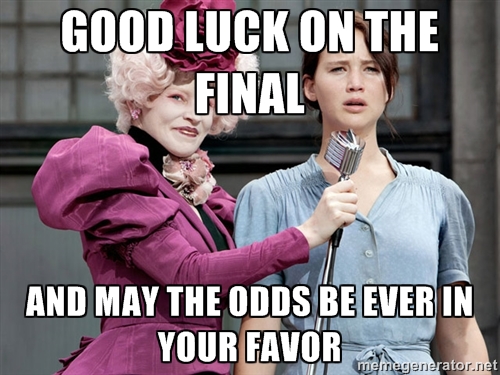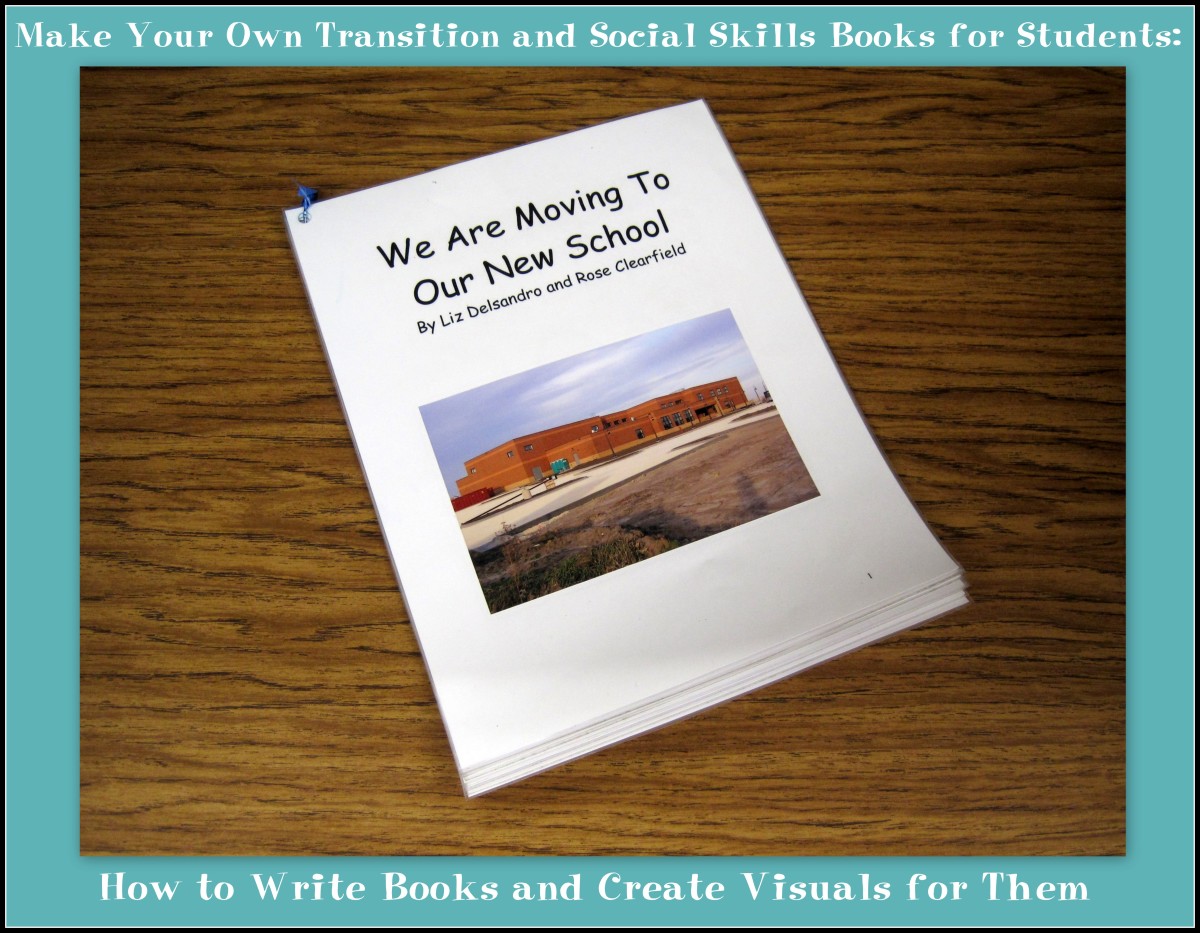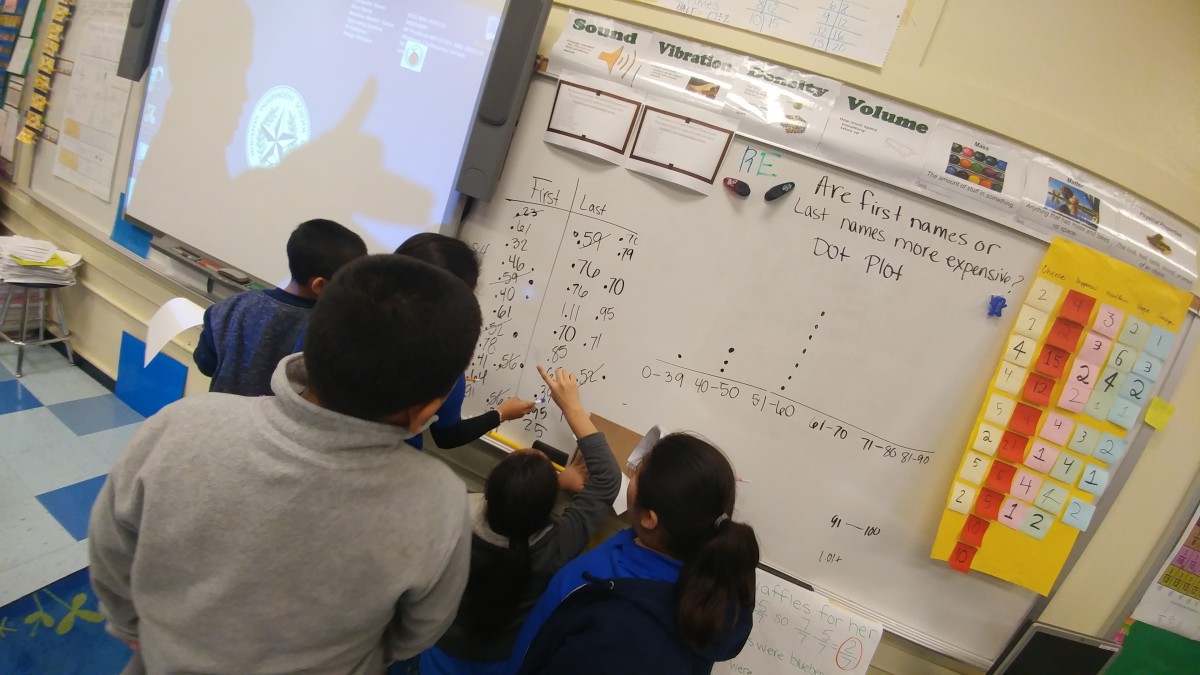What You Need To Know About Exams
Rise Above
It's incredibly easy to implode when exams are on the horizon; I don't care if you're a top-notch student or one who's just been treading water for weeks in class. It also doesn't seem to matter whether the student is in Grade 12 or in Grade 9, either; exams seem to hit all students differently, and the common denominator is that there's a lot of stress generated.
This makes a whole lot of sense. In the weeks leading up to the exam for any given class, teachers are working hard at pushing more information at their classes, ensuring that their students are more than ready and equipped for their exams. There are final projects, whether you call them Independent Study Units or Course Culminating Tasks, which only further adds to the stress. I've always linked these goings on to the real world for my students. After all, any workplace you enter will have various levels of stress, regardless of where you are working, so I tell my students that when it comes to exams, it is similar to your boss giving you something very important to do. This may not help when it comes to managing stress, but it certainly does help when it comes to teaching students about the real world applications of exams.
Not only that, when it comes to exams, there has to be some proof of knowledge in one respect or another. I respect that not everyone can handle the traditional written exam format and that sometimes an oral exam is better, but if you are looking to become someone who requires specialized knowledge of some sort in order to enter a career, there has to be a test of knowledge of some sort. Can you imagine a surgeon with only half the knowledge getting through because he somehow couldn't handle being tested? We'd all be in a world of hurt.
The simple truth of exams is that they are terribly stressful, but also necessary. It's easy for me to say as a teacher that my students are more than capable of passing my exams - they are - but telling them that they will be just fine when they face my exam is a whole other matter. It's a matter of learning how to put high school exams in perspective.
For starters, they are one piece of the high school puzzle. They aren't designed to stalk you throughout the entirety of your high school career, and they certainly won't have any say in what field you're ultimately going to pursue. However, they could spell the difference between a 70 and an 80 as your final mark, and if you're looking to have a good average, it's important to be prepared.
Being prepared also includes managing your respective stresses. It means figuring out that if excessive noise in class bothers you, you're going to remember ear plugs to block out some of it. It means realizing that your stress level might be mitigated if you sit closer to your teacher in exams, rather than with your buddies.
Rising above your stress and trying to be prepared is one of the best ways you can ready yourself for what's to come. It's exam season - one season of many in our hopefully long lives.
How I'm Sure Students Feel

For The Love Of God, STUDY - Or At Least Look At Your Notes
Few people seem to buy into the notion of studying anymore. Sure, there are university students who live on regular diets of ramen noodles, chocolate covered coffee beans and Monster drinks throughout the final exams, but study skills appear to be lacking at the high school level, and that is definitely the time during which students should pick up how to study.
Study skills actually start back on the first day of school, surprisingly. Your teacher will give you a course outline, which many students appear to forget they got in the first place, rife with their contact information and an explanation of what is to be covered in the coming semester. Put a date on that, as well as any subsequent handout you might receive in the meanwhile. This way, when you go to study, the notes are hopefully in order, and if not, you've got dates on your handouts so you will have a general idea as to the order your notes should go in.
Not only that, every time you write notes in class, put a date on those, too. This will help you in the long run so you know just how old the information is, and exactly where you need to start for your tests.
Also, and I know this one's a hard one, put your phones and tablets away! Some teachers have taken to calling these devices "failpads" because students get so distracted by them during class time that they are almost incapable of putting them away. It becomes a real addiction, these devices, and while we do encourage students to use them as resources, such as for webquests and even dictionaries, most will not regularly use their devices for school related purposes.
Remember to ask questions. Surprisingly, that's why teachers are there - for you to get help if and when needed. Now, I know that many of you might have a hard time asking for help - it's a pride thing - but we are here to help you guys and surprisingly, we're not mindreaders. While we get to know kids pretty well, there are times where we are left wondering if some kids really actually get what is happening in class. So, talk to us.
The Final Countdown...

A Word On Allegedly "Grumpy" Teachers
Invariably, students complain about the teacher that they see as being incredibly jerkish or generally grumpy - I am, of course, paraphrasing. These students tend to see these teachers as pains in their collective backsides and decide that these teachers are collectively the worst people on the planet with no redeeming qualities.
I invite you who might think this way to perhaps look at things a bit differently. I invite you to consider that perhaps your teacher seems testy with you because you have perhaps not been the best person you could have been in class. That said, you may also have caught your teacher at a bad time; we are human and sometimes get snappish without meaning to. Having said that, students who goof off when there is instruction going on, or when there's work to be done, or students who disappear from class for longer stretches at a time than they really should and then complain that their teacher isn't being "fair" should consider that perhaps they have done something to engender somewhat unfriendly feelings in their teacher.
I'm not saying all teachers are innocent in these interpersonal relationships between teacher and student; sometimes there are personality clashes that are unavoidable no matter what you do. However, you will make things easier on yourself by working on trying to be the best student you can be rather than grumping about how the teacher in question is out to get you.
We are only human, us teachers, but you aren't doing yourself any favors if you're skipping, messing around in class, or staying on your phones the entire time in class and then complain that your teacher's not explaining any of what you missed. Legitimate absences are one thing, but when you're shooting yourself in your own foot, and complaining about by blaming the teacher, there are larger issues in play, which means it's time that you might want to consider your role in what's transpired between you and said teacher.
Can You Survive?
The Bottom Line
Exams are tricky, no doubt about it, but by taking a breath, studying and paying attention in class instead of to Snapchat or your social media tool of choice, you can help yourself be successful during exam season by a long shot. You might be extra nervous due to a perceived grumpy teacher, but take some time to reflect about how you've approached this teacher. How can you make your interactions better and more positive? Do teachers have roles to play in this? Absolutely. We're eager to listen and work with you for your success.
So get lots of rest, go to the bathroom before your exam, and get ready to knock it out of the park. You will be great.








